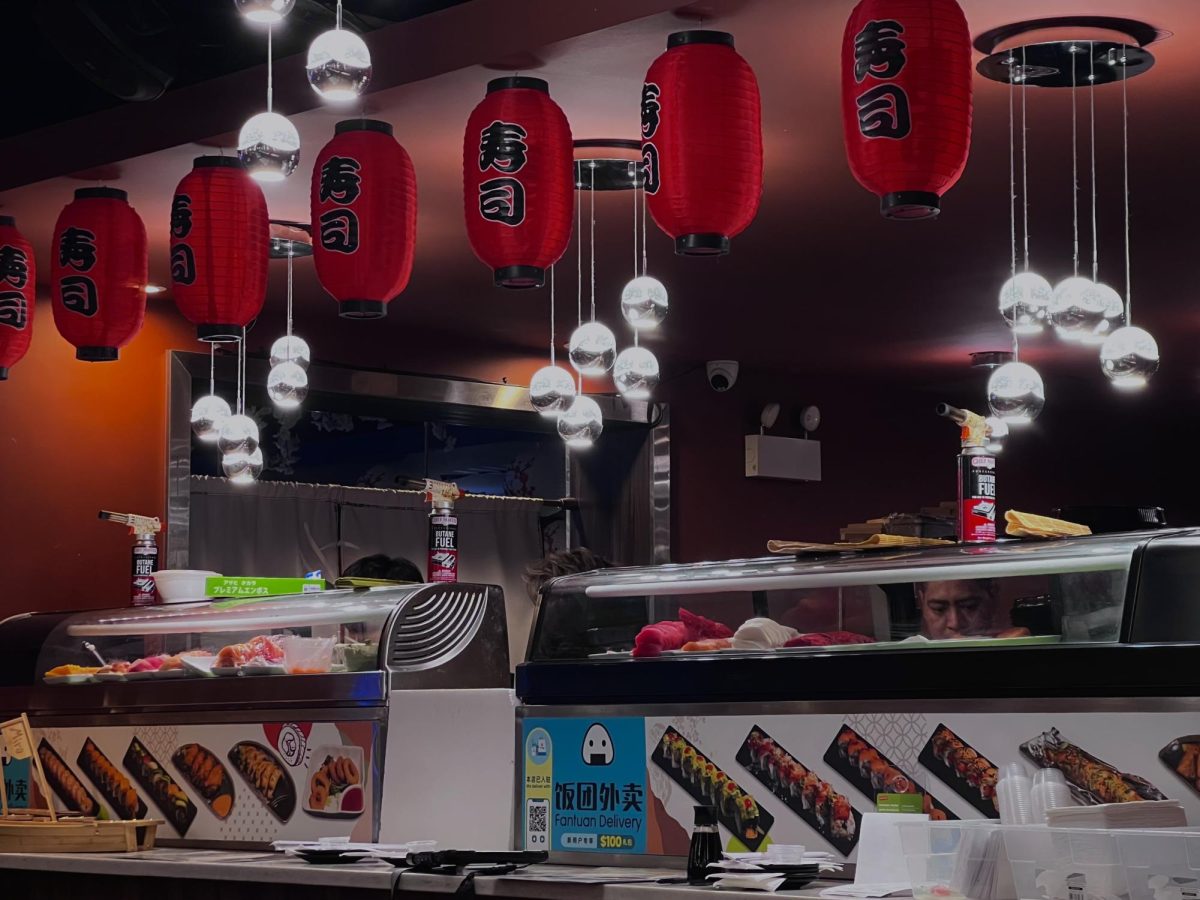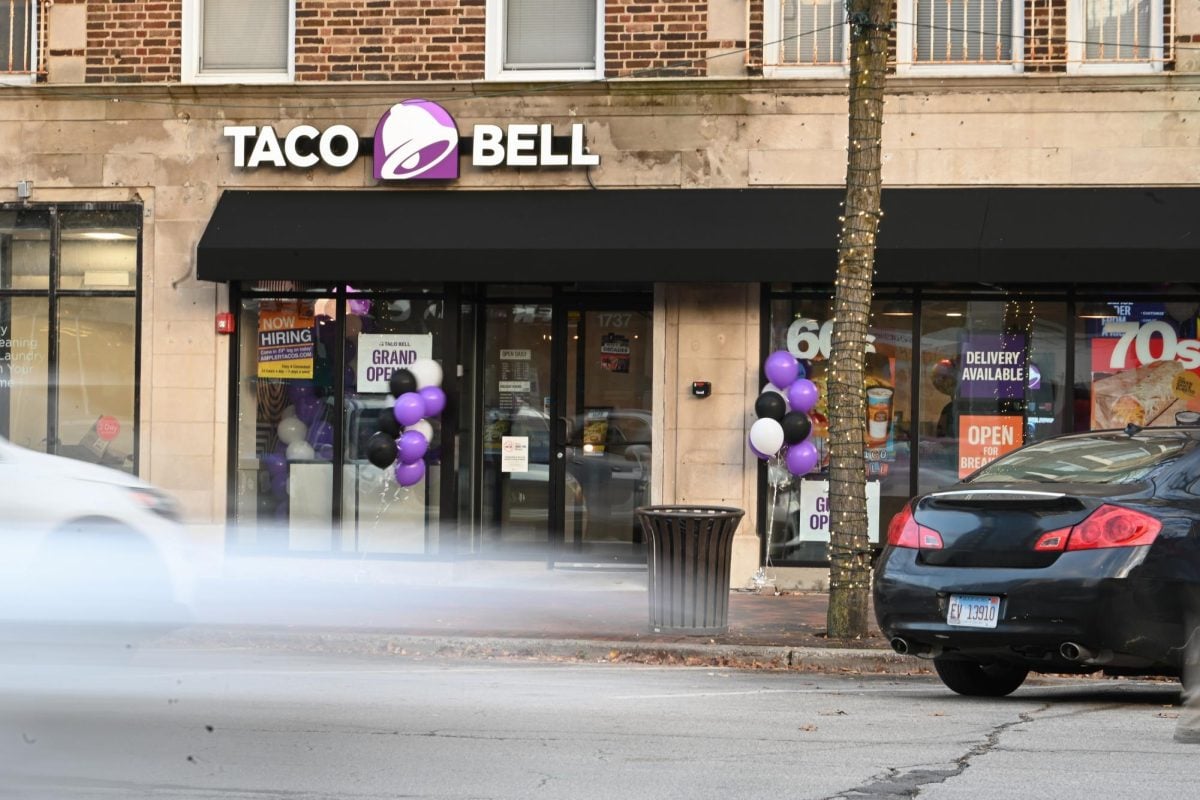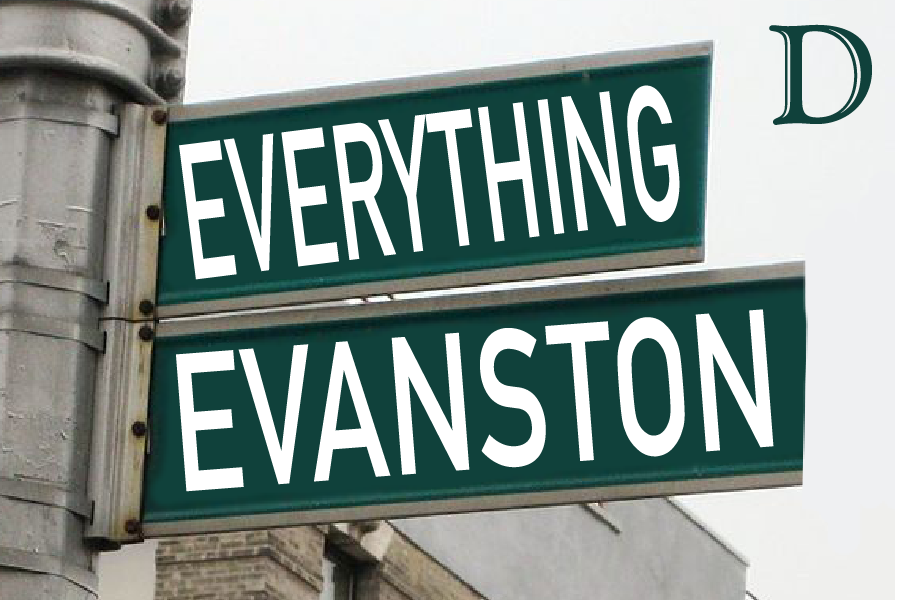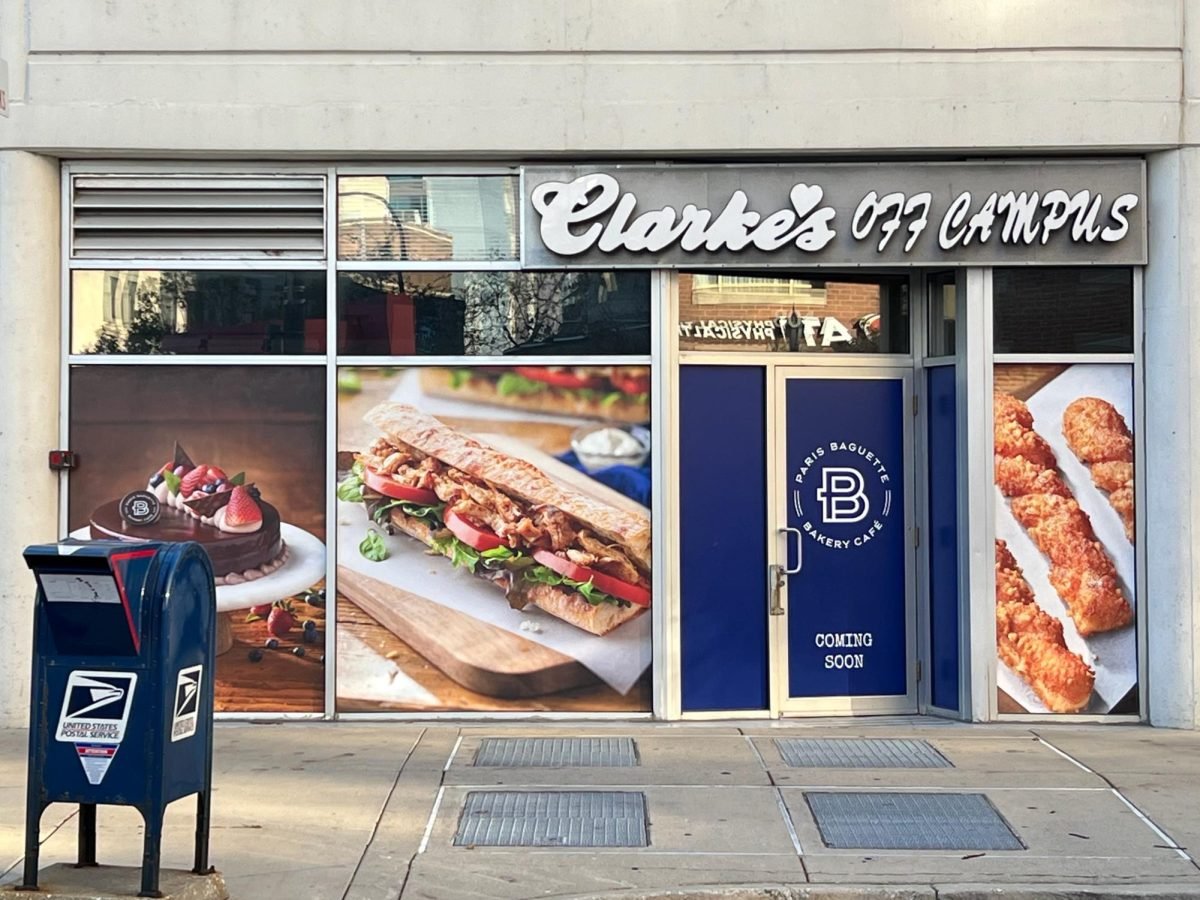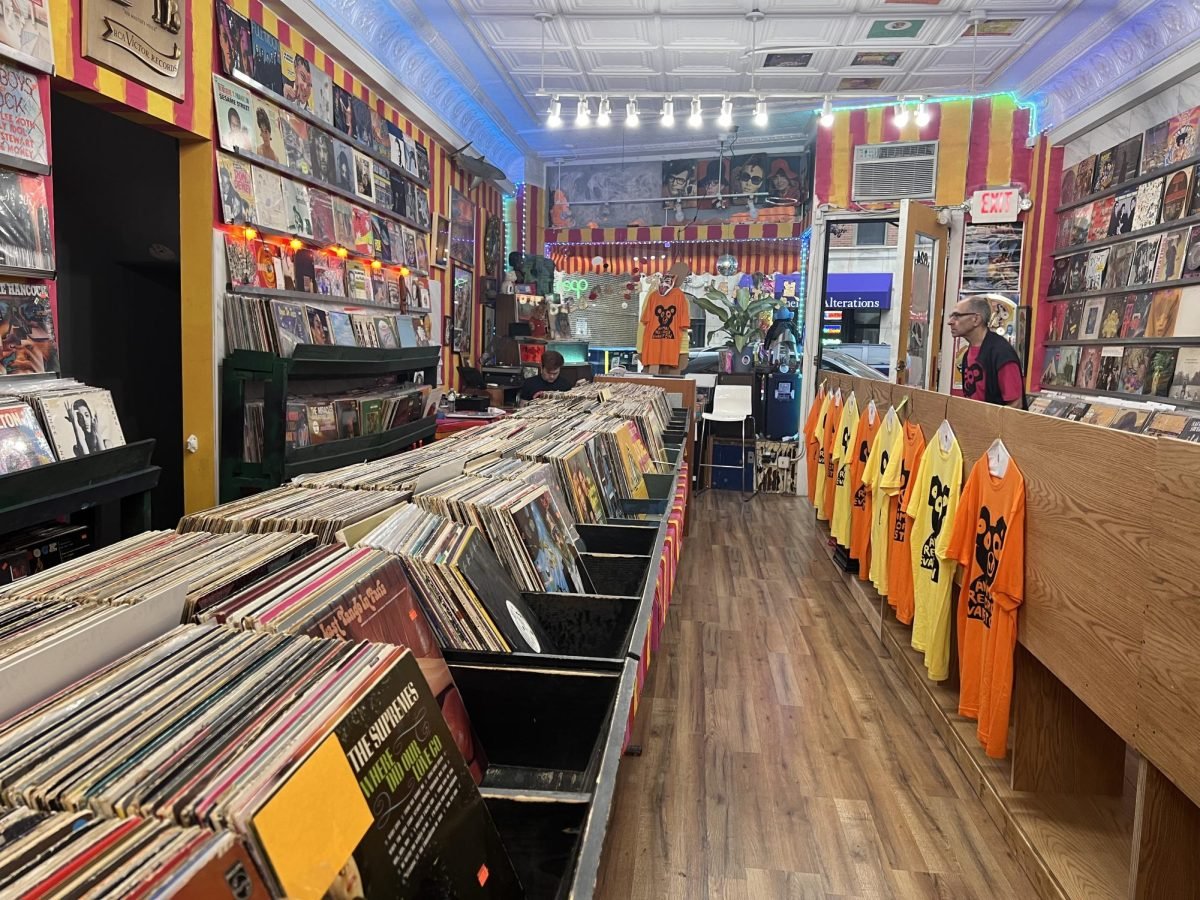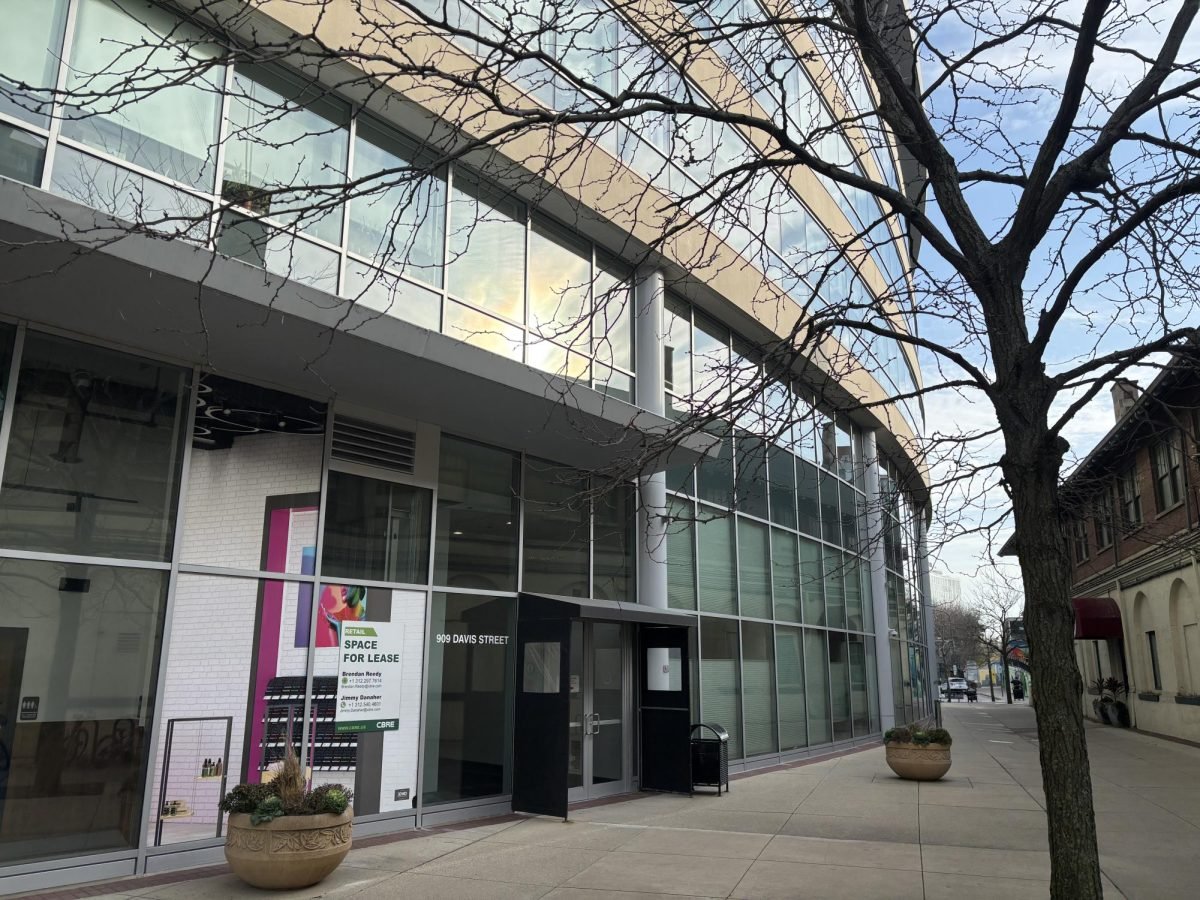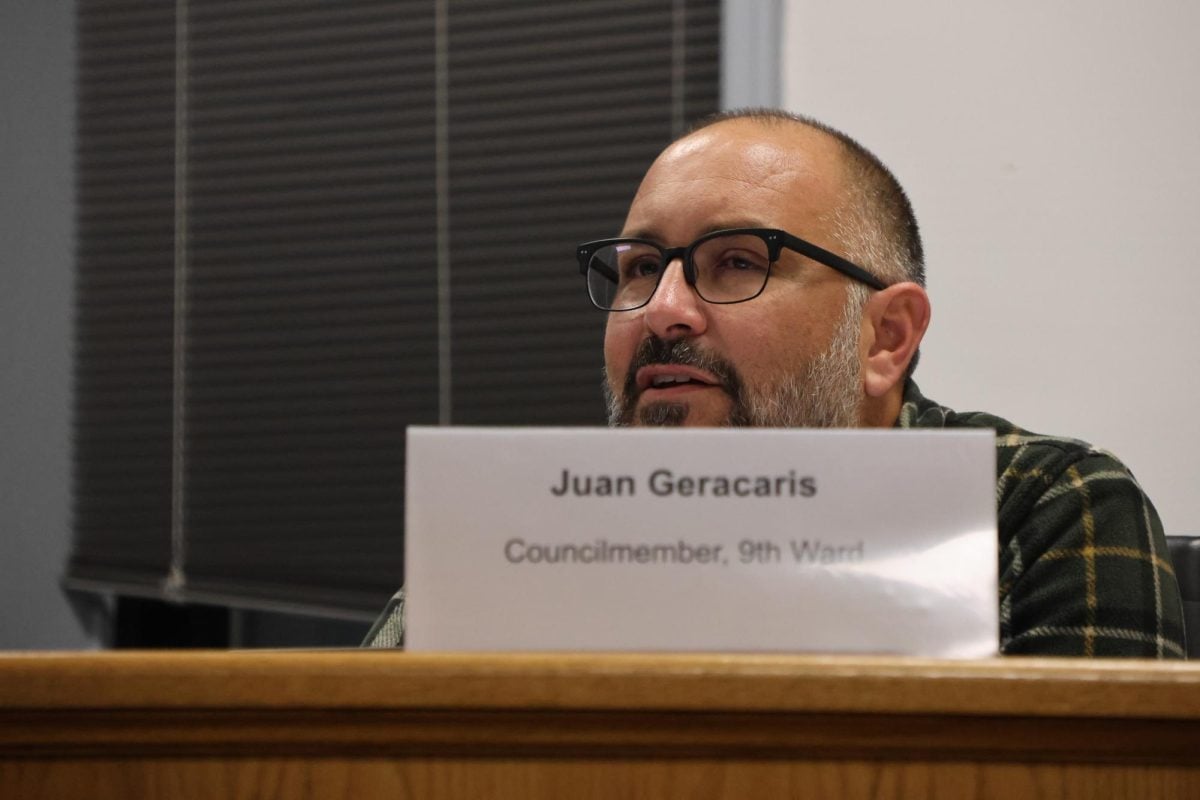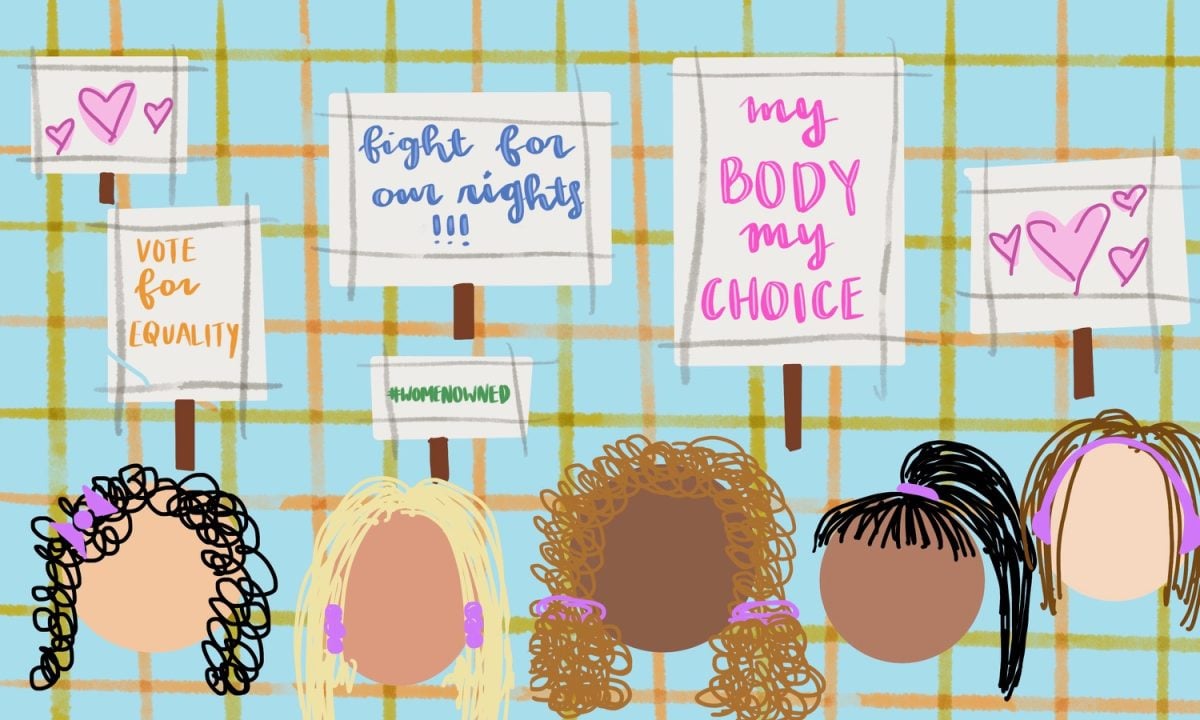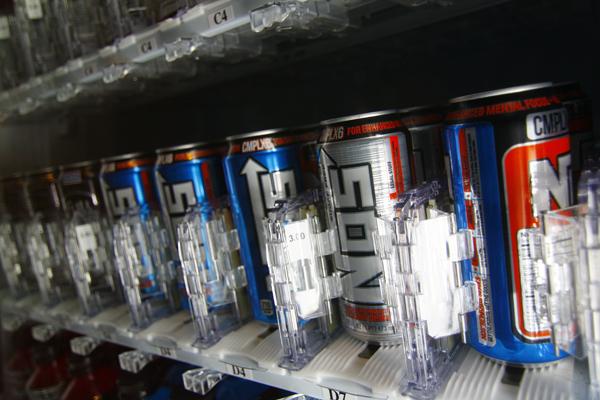
State Rep. Laura Fine (D-Glenview) became concerned when her 13-year-old son came home and told her his friends buy energy drinks.
“Just knowing that it’s like buying a bottle of water at the store for them or buying a Coke — it’s just something that, as a mom, it really concerns me,” she said.
A newly elected state House member representing the 17th district, which includes part of Evanston, Fine has introduced a bill to ban the sale of energy drinks to minors.
“I just look at them like they’re poison for growing bodies,” she said.
Research has suggested consumption of energy drinks, such as 5-hour Energy and Monster, is an emerging public health risk.
A January report by the national Substance Abuse and Mental Health Services Administration called energy drink consumption a “public health problem.”
The report found more than 20,000 emergency-room visits nationwide in 2011 involved energy drink consumption, double the figure four years earlier. Of those visits, 42 percent involved mixing the energy drink with alcohol or another stimulant.
According to the report, an energy drink bottle can contain anywhere from 80 milligrams to 500 milligrams of caffeine. By comparison, a 5-ounce cup of coffee contains about 100 milligrams.
Dr. Amer Aldeen, a Feinberg emergency medicine professor, said he has personally observed an increase in energy drink-related ER visits.
Most visits involve heart problems because the stimulants contained in energy drinks, including caffeine, can increase heart rate and blood pressure, Aldeen said. People with existing heart conditions and those consuming stimulants with alcohol are at a higher risk of complications and may die from consumption, he said.
“The scary situation is when you combine energy drinks, caffeine with alcohol in a minor who doesn’t know their heart history — and you’re left playing roulette,” he said.
Aldeen said he supports the proposed ban because young people are more likely to consume irresponsibly, and their detoxifying systems are less developed than adults. But the proposed ban would not work without strict enforcement, he said.
“Every ban like that is only as effective as it’s enforced,” Aldeen said. “Can a minor still walk into a bar and get alcohol? Yeah, they can. So I’m sure they can get energy drinks.”
The Illinois Beverage Association, opposes the proposed ban and disputes the January study, said Tim Bramlet, executive director of the soft drink industry trade association. Bramlet points out that the U.S. Food and Drug Administration has not found energy drinks harmful to health when consumed in moderation.
“The bottom line is that rather than isolate a city or state that has (their) own policy … let’s let the federal government do their job,” Bramlet said.
Not all energy drinks will be affected by the proposed ban, which would only target drinks containing a lot of stimulants, Fine said. For instance, sports drinks such as Gatorade would not be affected.
Scott Lerner, CEO of Evanston-based SOL Elixirs LLC, said he is not worried the ban would impact his company’s products, which contain less caffeine than mainstream brands.
“I don’t believe this would affect me because our drinks aren’t necessarily the same,” Lerner said.
The bill has not been assigned to a committee, Fine said.
